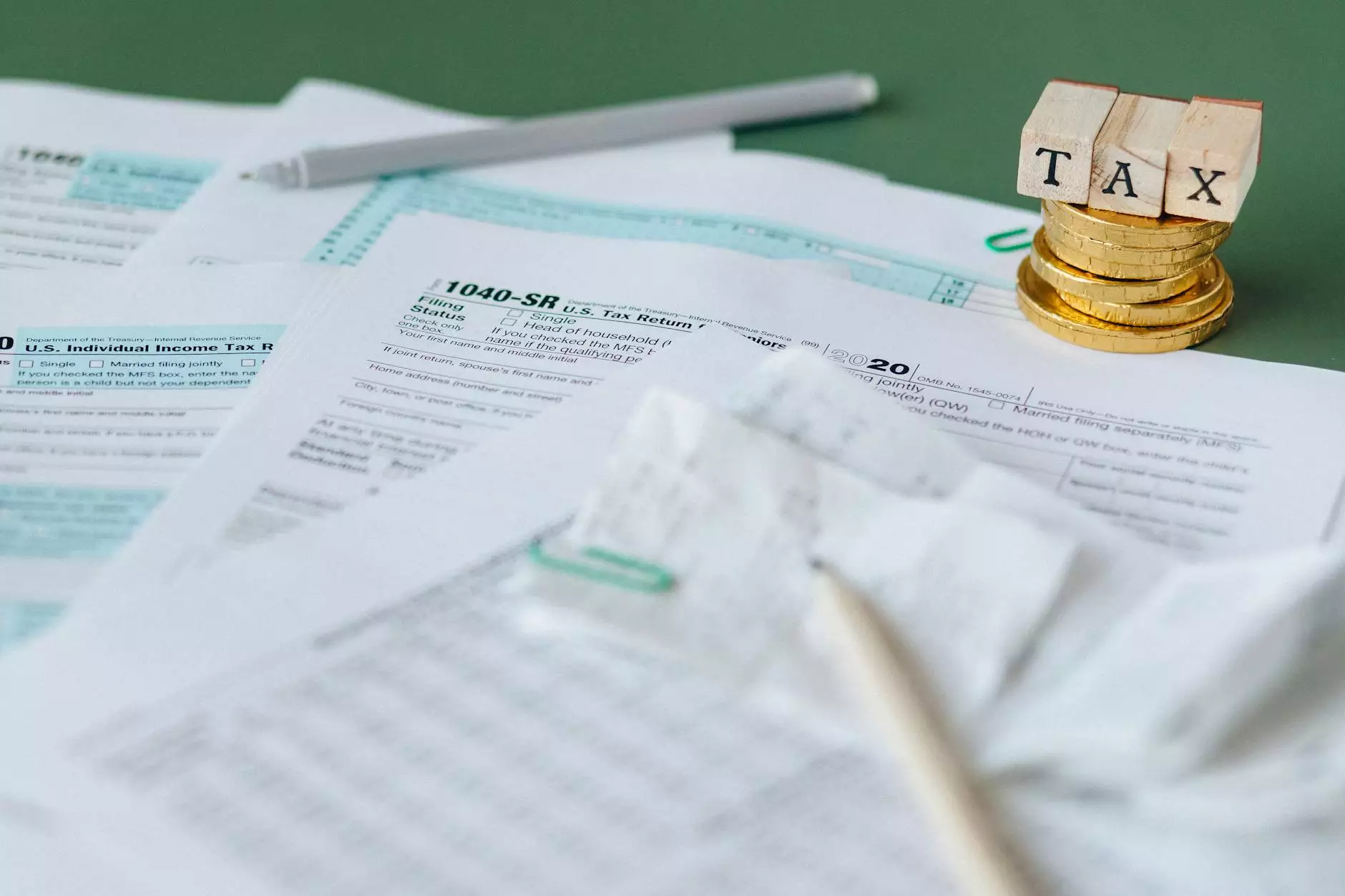Why is My Tax Return So Low?

Understanding the Factors Impacting Your Tax Refund
As tax season approaches, individuals eagerly await their tax refund, only to discover that it is lower than expected. This can leave many people feeling frustrated and unsure of the reasons behind their diminished refund. In this comprehensive guide, Social Service of America aims to shed light on common factors that could contribute to a lower tax return, allowing you to make informed decisions and potentially maximize your refund next year.
1. Changes in Tax Laws and Regulations
One significant factor that could affect your tax refund is changes in tax laws and regulations. The Internal Revenue Service (IRS) regularly updates the tax code, which can impact how much you owe or are owed in refunds. Staying informed about these changes can help you accurately anticipate and plan for any potential differences in your tax refund.
2. Income Fluctuations and Withholding Adjustments
Your tax refund is determined by various factors, including your income and the amount of taxes withheld from your paychecks throughout the year. If your income fluctuates or you make adjustments to your withholding, it can directly impact your refund. Consulting with a tax professional to ensure accurate withholding calculations is essential to avoid any surprises.
3. Deductions, Credits, and Exemptions
Utilizing tax deductions, credits, and exemptions is a crucial step in maximizing your refund. However, if you overlook certain eligible deductions or fail to accurately report qualifying expenses, it can affect the final amount of your refund. Familiarizing yourself with potential deductions and credits, such as education expenses, homeownership benefits, or child tax credits, can make a significant difference in your tax return.
4. Changes in Personal Circumstances
Life changes, such as getting married, having a child, or purchasing a home, can influence your tax return. Failing to update your personal information with the IRS can result in discrepancies, affecting your refund. Keeping your records up to date and informing the necessary agencies about any changes ensures that your tax refund accurately reflects your current circumstances.
5. Errors in Filing or Reporting
Mistakes happen, but when it comes to filing your taxes, even a minor error can lead to a lower refund. Inaccurate reporting of income, incorrect social security numbers, or mathematical errors can all result in a reduced refund. Double-checking your tax forms, using reliable tax software, or seeking professional assistance can help prevent these errors.
Solutions to Maximize Your Tax Refund
While receiving a lower tax refund can be disheartening, there are steps you can take to potentially increase your refund in the future. By implementing a few strategies, you can ensure that you are taking full advantage of available deductions and credits while meeting your tax obligations responsibly.
1. Tax Planning and Professional Assistance
Engaging the services of a qualified tax professional can be invaluable when it comes to minimizing your tax liabilities and maximizing your refund. Tax planning throughout the year, rather than waiting until tax season, allows you to make strategic decisions that can positively impact your refund.
2. Research and Stay Informed
Take the time to educate yourself on tax laws and changes. Regularly reading reliable sources, like Social Service of America's blog, can keep you informed about potential deductions, credits, and other tax benefits that you may qualify for. Understanding the rules and regulations can guide your financial decisions and help you optimize your refund.
3. Accurate Documentation and Record-Keeping
Maintaining accurate records is essential for accurately reporting your income and eligible deductions. Whether it's receipts, financial statements, or proof of expenses, proper documentation reduces the risk of errors and helps support your claims for deductions or credits. Organized record-keeping ensures you don't overlook potential tax-saving opportunities.
4. Utilize Tax Software or Online Services
Utilizing reliable tax software or online services can simplify the tax preparation process and help minimize errors. These tools often have built-in deduction finders and error-checking features that can ensure accurate filing. Remember to choose reputable software options to ensure the security of your personal and financial information.
5. Explore Opportunities for Additional Income
Increasing your income through side hustles or alternative investments can potentially improve your tax situation. However, it is advisable to consult with a tax professional to understand the tax implications and ensure compliance with relevant regulations.
Conclusion
While facing a lower-than-expected tax refund can be disappointing, understanding the factors that contribute to this outcome empowers you to take necessary steps to potentially mitigate this in the future. By staying informed, planning strategically, and seeking professional guidance, you can optimize your tax refund while engaging in responsible financial management. Remember, Social Service of America is here to provide valuable resources and guidance to help you navigate the complex world of taxes and personal finance. Together, we can work towards securing a brighter financial future.










